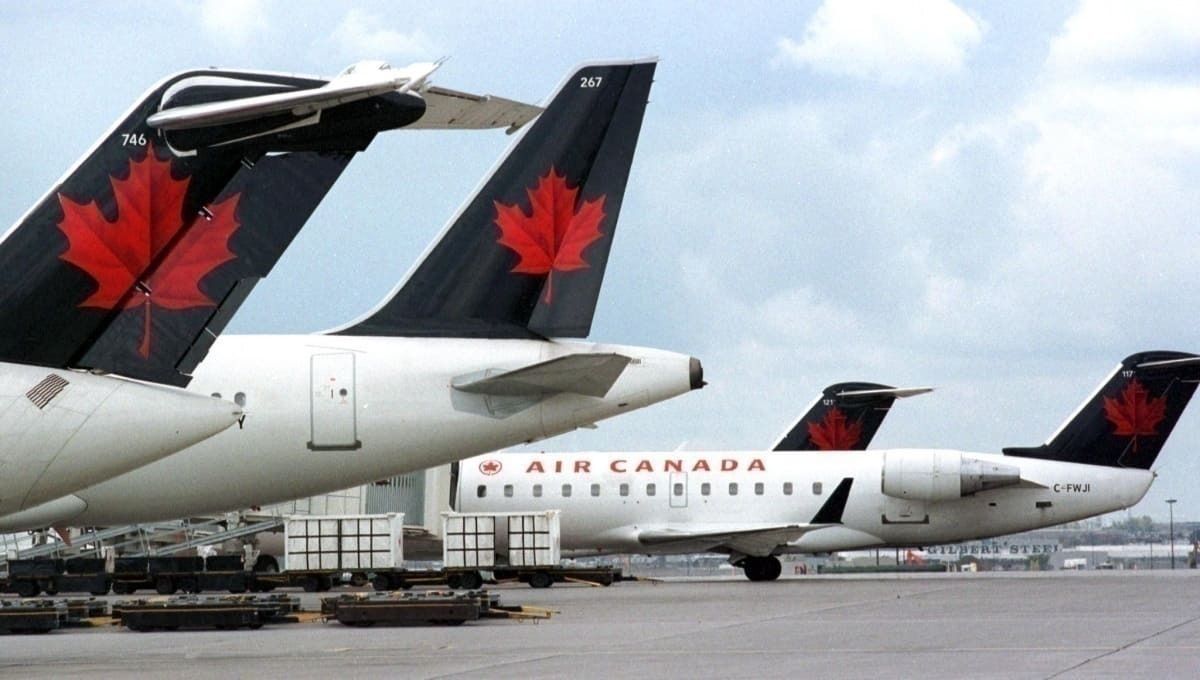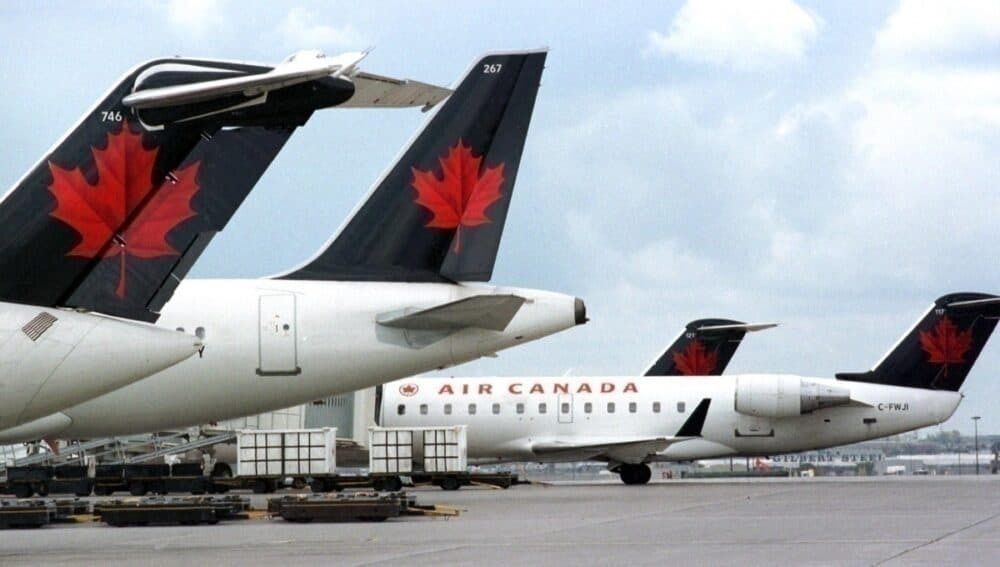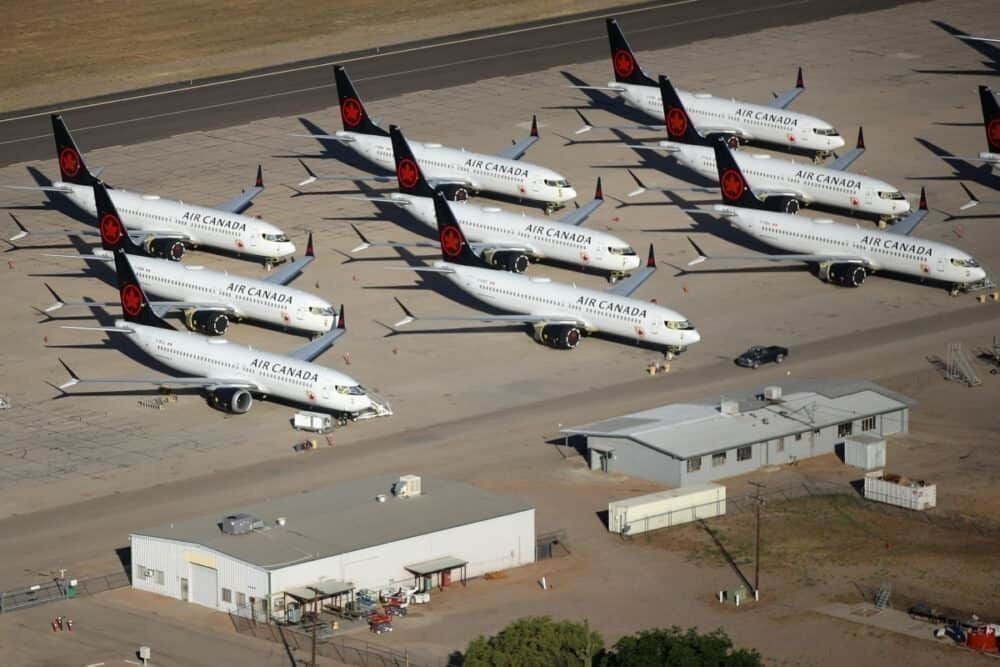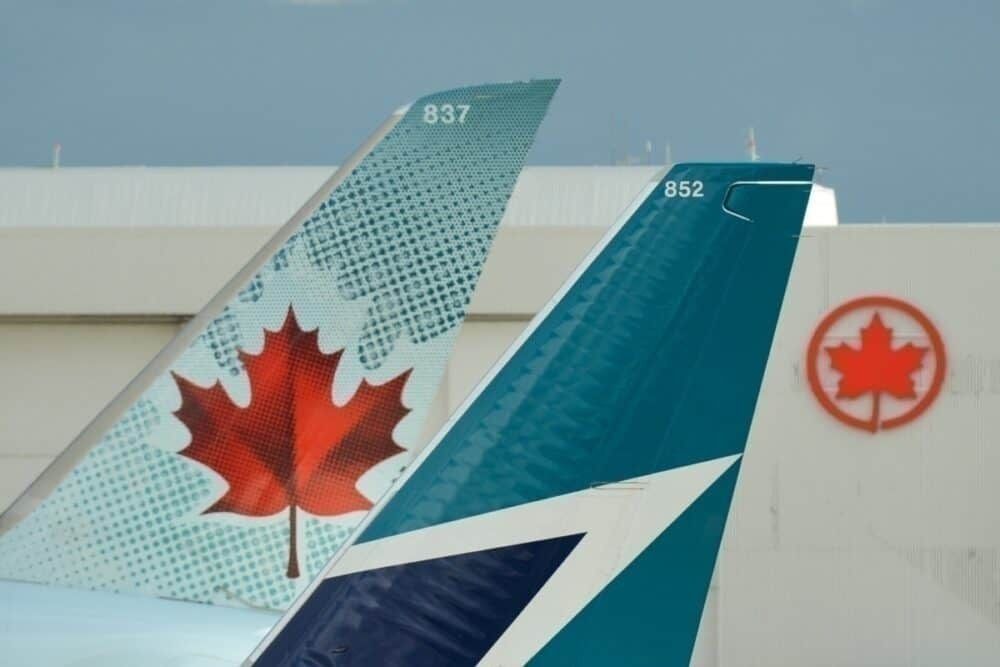As part of a webinar hosted by Aviation Week, Air Canada President & CEO Calin Rovinescu expressed his frustration with travel restrictions currently in place at Canadian borders. Rovinescu discusses five barriers to the recovery of Air Canada and Canadian aviation.
The prohibition of foreigners
Rovinescu first notes that Canada's ban on foreigners coming into the country is problematic. According to the Canadian Government's website, these are the only groups allowed to enter the country:
- Canadian citizens
- permanent residents of Canada
- persons registered under Canada's Indian Act
- protected persons
There are a few exceptions that will allow some foreign nationals and US citizens to travel to Canada. This includes temporary foreign workers, some international students, and immediate family members of a Canadian citizen or permanent resident.
While stated as a constraint of its own - the shutdown of the Canada-US border is an extension of the prohibition of foreigners. However, this policy is particularly damaging, with Rovinescu stating that transborder traffic is the biggest market for Air Canada.
A 14-day quarantine
Another barrier is the imposition of a mandatory 14-day quarantine for anyone coming from abroad. This includes Canadians returning to the country. "This is a cold shower on building any kind of aviation business...maybe it was required in March, but we're now in a different stage," Rovinescu says.
Indeed, this, in combination with the ban on foreigners, will serve to reduce any travel that might even be considered eligible.
Scattered bans on interprovincial travel
If international border bans aren't enough of a constraint, there is the fact that some provinces and territories have restricted travel to Canadians from other parts of the country. For example, the province of Newfoundland and Labrador is only allowing entry to residents and asymptomatic workers and individuals who are subject to the "Self-Isolation Exemption Order." Also allowed are individuals who have been permitted entry due to extenuating circumstances, as approved in advance by the province's Chief Medical Officer.
As a vast country with large amounts of interprovincial economic activity, carriers like Air Canada would indeed be hampered by bans on interprovincial travel. Airlines in other large countries, such as the United States, don't face the same barriers.
Official travel advisory
Finally, Air Canada's CEO points out that the Federal Government has put on its website an official travel advisory to avoid all travel. This, he says, interferes with people's ability to buy travel insurance in some cases.
Many insurance companies base their policies on official government advisories. Therefore, in many cases, if the Government advises against travel, coverage will not be valid. This will force would-be travelers to take a risk and travel uninsured, or else stay home and postpone travel plans.
"[These restrictions] may have been needed in the early stages of the pandemic...Right now it strikes me as a combination of disproportionate steps, things that are stifling the return to a more normalized aviation environment, and, quite frankly, stifling an economic recovery."
Without a doubt, these constraints do indeed restrict travel. But do you agree with Mr. Rovinescu that some or all of these restrictions are no longer necessary? Especially with enhanced safety measures and mask-wearing? Let us know your thoughts in the comments.




